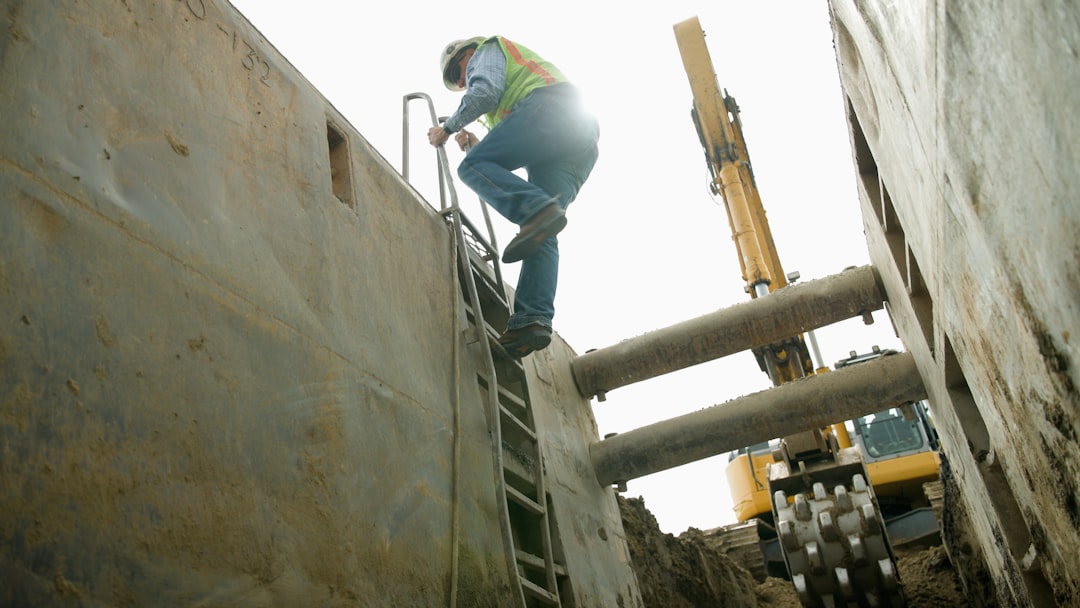
Portland’s historic bungalows and modern infill projects share one thing in common: beautiful plaster walls that take a beating from Pacific Northwest moisture swings. When cracks, bubbling, or detached keys appear, DIY patch kits rarely hold up. CountBricks offers a smarter path. Our AI-powered estimate engine captures real-time material costs, labor rates, and local building codes, then delivers a line-item proposal while we’re still on the call with you. No guesswork, no hidden fees—just transparent plaster repair Portland Oregon professionals can trust.
Our conversation-based mobile app records the room dimensions, damage description, and finish level as you walk the space. The data flows directly into our system, generating an accurate scope in minutes.
Have existing plans or need to match an original 1920s archway radius? Upload drawings and photos. The platform calculates square footage of plaster, lath spacing, and required corner bead lengths, then syncs with Portland-area material pricing in real time.
A CountBricks field technician confirms substrate conditions, moisture content, and structural movement. Any adjustments feed back into your digital quote so you know exactly what will be repaired—before a trowel is lifted.
Our crews specialize in residential plaster systems—from traditional lime-sand mixes to modern gypsum veneer. Because the estimate already details tasks and time allocations, technicians can focus on artistry instead of paperwork.
Moisture Cycling: Frequent rain and indoor heating cause expansion and contraction, stressing brittle plaster.
Seismic Micro-Movement: Portland’s minor tremors shift framing, opening cracks at corners and joints.
Improper Previous Repairs: A quick skim of joint compound lacks the strength and breathability of true plaster, leading to recurring damage.
A 10-square-foot ceiling patch averaged $650–$840 in Q1, while an entire 12x14 living room restoration averaged $4,300–$5,200. CountBricks keeps these ranges current by linking to live supplier feeds—so your estimate reflects today’s reality, not last year’s catalog.
Salvaging existing plaster keeps gypsum waste out of landfills and preserves the embodied carbon of century-old framing. CountBricks integrates sustainability metrics into every proposal, allowing professionals to see how many pounds of material are diverted by choosing repair over drywall demolition.
Call, text, or start a voice chat inside our platform. In under ten minutes you’ll receive a sharable PDF quote, a project schedule, and a secure portal to approve work. Discover why CountBricks is the first choice for plaster repair Portland Oregon professionals who value craftsmanship powered by technology.

The homeowner discovered a 3-foot ceiling crack after a winter roof leak. Using the CountBricks app, she narrated damage details and uploaded photos. Within seven minutes the platform generated a $1,330 provisional quote that included:
Want similar precision and peace of mind? Explore our services or request a voice consultation to get your personalized plaster repair Portland Oregon plan today.